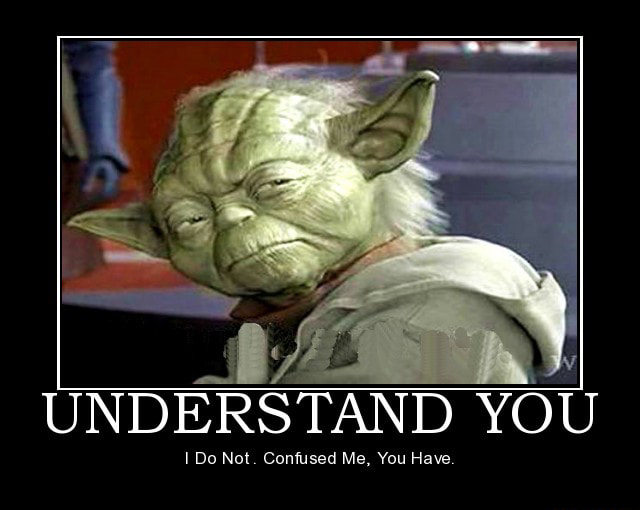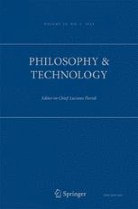Following that process, in March I was listening to President Russel M. Nelson’s message titled Embrace the Future with Faith. In part of that talk the prophet referred to Captain Moroni from The Book of Mormon. President Nelson reminded us how in times of peace Captain Moroni continued to help the people to prepare against future military conflict with the Lamanites. “Even when things went well, Captain Moroni continued to prepare his people. He never stopped. He never became complacent. The adversary never stops attacking. So, we can never stop preparing! The more self-reliant we are—temporally, emotionally, and spiritually—the more prepared we are to thwart Satan’s relentless assaults".
I remember taking a Philosophy 101 course as an undergraduate so many years ago. The professor expressed disdain for religion because of its ‘other-worldliness’. Essentially, his beef was that we 'religious people' don’t make good ethical or moral decisions because we are not focused on the here-and-now. We make decisions based on some future expected outcome. Instead of ‘fixing’ issues in front of us, he argued, we are willing to suffer and allow suffering because we hope someday God will make it all better later. That may be partially true, but this line of thinking defines a false dichotomy. It assumes actions taken can only have immediate effect or later effect. Even if this line of reasoning acknowledges present and future effects, the position is that we who are making these decisions are only thinking about this life or the next.
Interestingly enough, similar thoughts are expressed in several of the Star Wars movies as Yoda teaches Jedi principles to several apprentices. From The Empire Strikes Back Yoda refers to Luke while speaking to the ‘spirit’ Obiwan, “A Jedi must have the deepest commitment, the most serious mind. This one a long time have I watched. All his life has he looked away…to the future, to the horizon. Never his mind on where he was. Hmm? What he was doing.” Modern philosophical schools might refer to this idea of being in the present by the word mindfulness. Yet despite this focus on the present, Yoda expresses a need to make decisions. He concedes we are each in charge of our future through decisions we make today. In Star Wars Rebels he says, “Your path you must decide.” To make a decision, by definition, implies consideration of a future outcome. Again in Star Wars Rebels Ezra asks “Which is the right way?” Yoda’s answer? “The wrong question that is.” He explains how the journey is to decide.
My experience is that the gospel is all about deciding now for immediate circumstances, and understanding that one must look ahead. How do we do that? For me, the long-term is more about a way to live, a mindset. The immediate decisions are about navigating present circumstances (not ignoring them), but those decisions are also guided with our long-term goals in mind. In this way we can be both mindful, in the present, and guided by an eternal perspective. Referring again to the ideas of that professor, I take issue with his false dichotomy that one cannot simultaneously think of both the present and future in making decisions. His perspective is clearly atheistic. In fact he specifically stated such. I get it then. If one believes, as he did, that when we die we simply cease to exist, then there is no incentive to contemplate beyond the handful of years we have here in this short slice of time. In that form of philosophy we should be moral only because we all benefit when we all live a moral life. If we all agree not to hurt one another than each is protected from others. This is morality in the present for personal present benefit, not for present benefit and benefit in the world to come. It assumes that all our motivation is selfish. We look for immediate or post-mortality reward, and this is our only motivation. What a pessimistic view! In President Nelson’s quote above there is the consideration of immediate action by an adversary, Lucifer. If one does not consider that ever-present threat, then one is ignoring the present, not responding to it.
Our hoped-for motivation should be less about self-benefit, and more about love. My favorite section of scripture is 1 Corinthians 13. This chapter defines charity which is the pure love of Christ. The pure love of Christ is our pure love toward Christ, and our pure love toward others like the love of Christ toward us. Charity is not about what actions we take, but rather about our motivation. Verse 11: “When I was a child, I spake as a child, I understood as a child, I thought as a child: but when I became a man, I put away childish things.” Our philosophy professor friend assumed self-centered motivation. Does that not seem like a childish way of thought? Let us put aside childish things. Let us be motivated by love. Let us keep in mind both the present and the long-term future. Let us be both mindful of the world where we now are, and other-worldly as we consider eternity.



 RSS Feed
RSS Feed